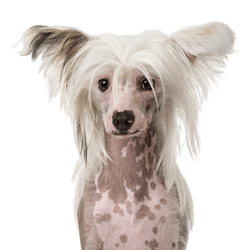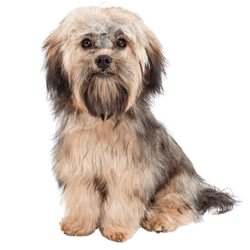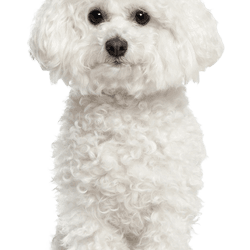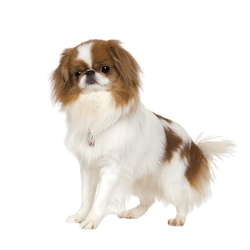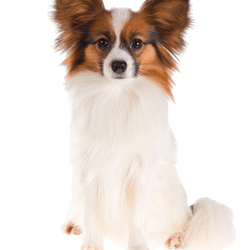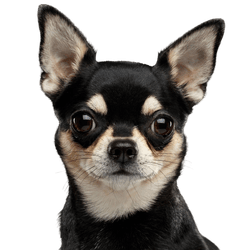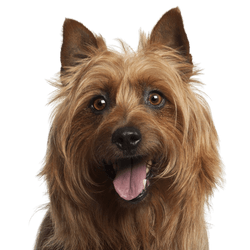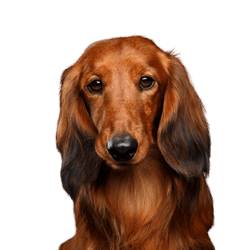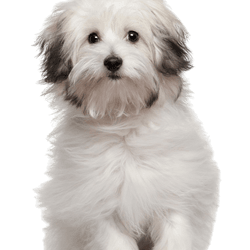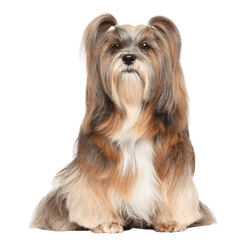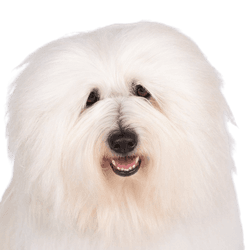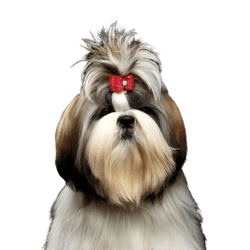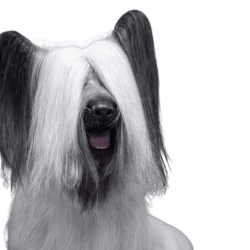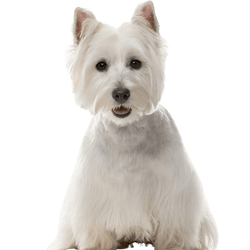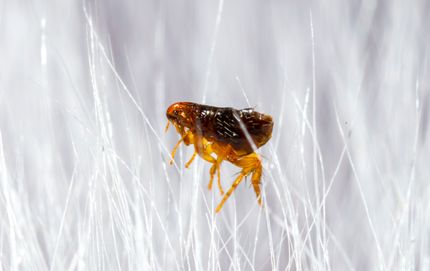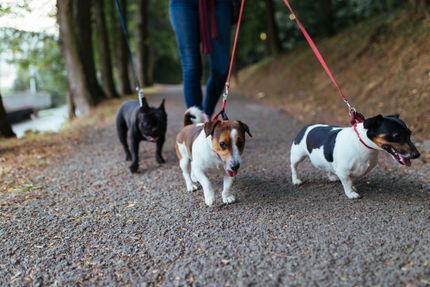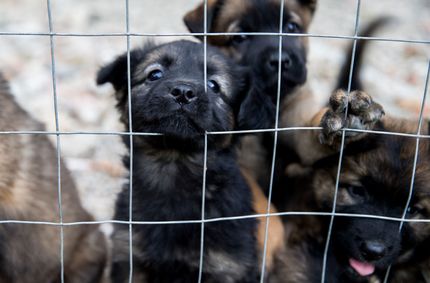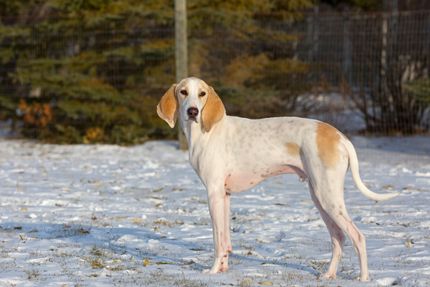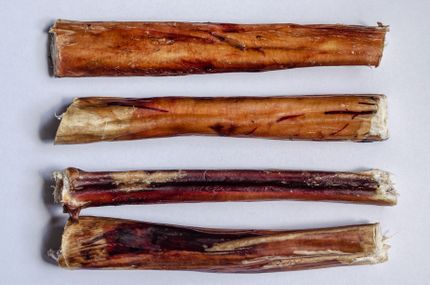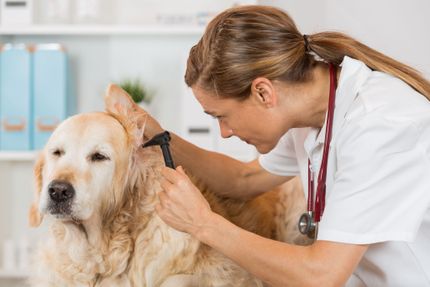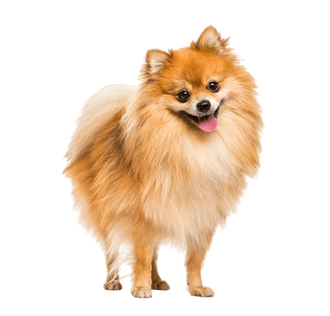
Pomeranian Breed description: Character & Co
Pomeranian
Facts & Origin
What is the origin of the Pomeranian?
To this day it is not yet known where exactly the Spitz actually originates. Findings that date back to the Mycenaean culture, which began around 1.700 B.C. on the Greek mainland, show paintings of dogs that looked strikingly similar to the breed of today. Already back in the Middle Ages they probably lived on almost every farm and estate. As it was only reserved for aristocracy to go hunting, the peasant population needed a dog that was loyal to its location. Poaching was prohibited and punished by law. These animals meant for middle class people were bred against having a hunting instinct. From the region of Pomerania in Northern Germany, particularly small representatives of the breed reached Great Britain, where they became known as "Pomerians". Legend has it that the princess of Mecklenburg, and later wife of the English King George III, Charlotte gave these attentive dogs to Lord Haarcourt as early as 1767. Even Queen Victoria is said to have owned a small Spitz. At that time they were still much heavier with a weight of up to 8 kg. The official breed standard, which was defined in England in 1870, however, defined their size standard to be much smaller with a maximum shoulder height of 30 cm. In the 1970s the Dwarf Spitz returned to Germany.
What are the breed characteristics of the Pomeranian?
Strictly speaking, the Pomeranian is not an approved breed of its own, it is listed as a small version of the Spitz by the international dog association FCI. They typically have a long, dense coat and pointed, close-fitting ears. The head resembles that of a fox, their muzzle is small. Their dark round eyes give them their signature appearance. Their look is alert and awake. Since the breed is very adaptable, the Pomeranian feels just as comfortable in an apartment in a city as in a house with garden.
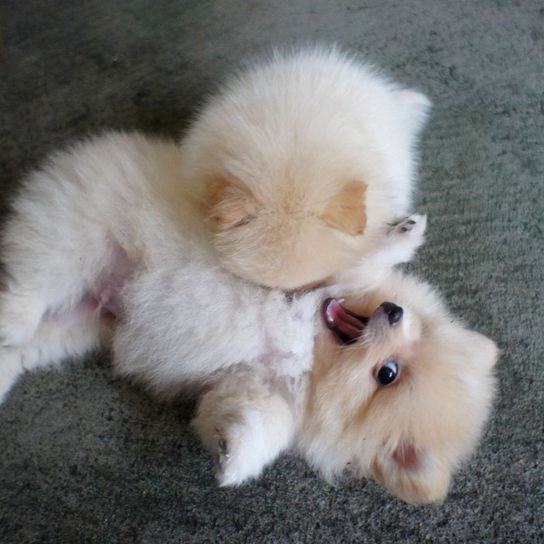
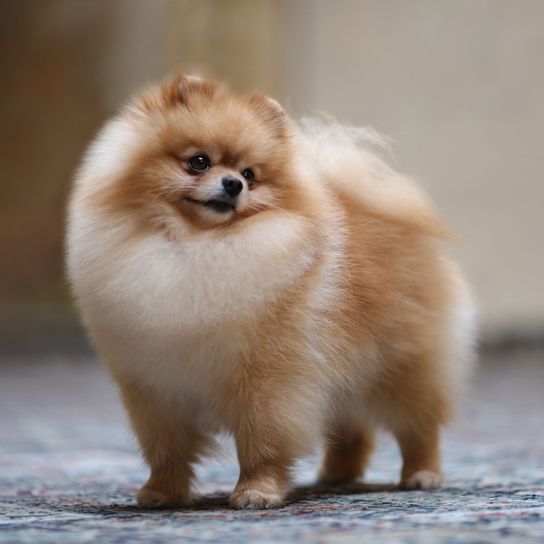
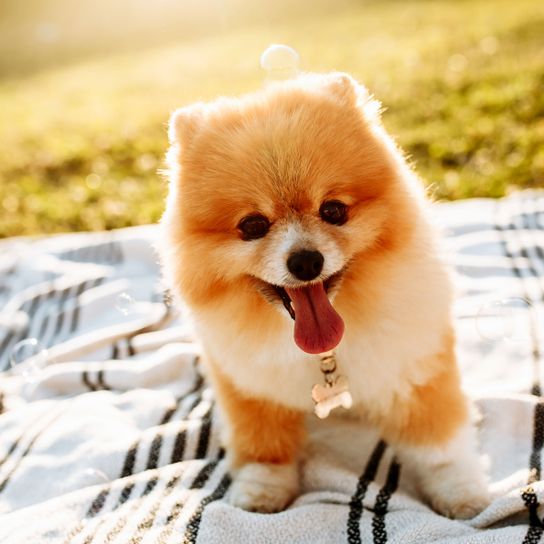
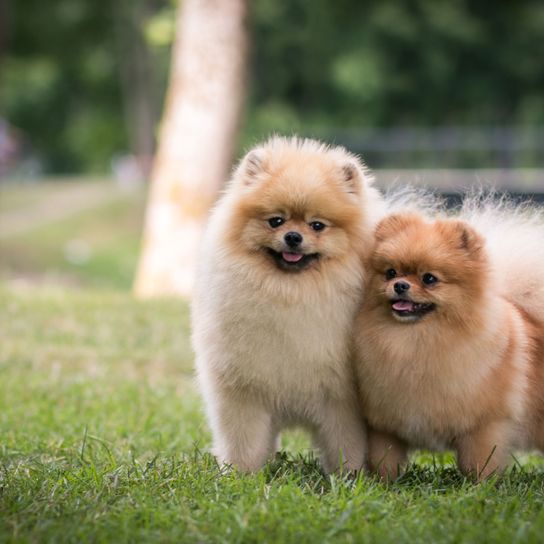
| Alternate Name | Dwarf Spitz |
| Origin | Germany |
| Life expectancy | 12 - 16 years |
| Care requirements | high-maintenance |
| Activity level | low |
| FCI group | European Spitz |
| AKC group | Toy Group |
| KC group | Toy Group |
Pomeranian mixes
Attitude, character and temperament of the breed
What are typical character traits of the Dwarf Spitz?
With a Pomeranian you will bring a lot of cheerfulness to your household. They delight their owners with their sunny nature. This four-legged friend loves to spend time with its family. Since they do not like to be left alone, it is advised to get the animal used to this from a young age. Thanks to its compact size you can even take the dog into the aircraft cabin given you keep them in an appropriate dog crate. If you would like to buy a Dwarf Spitz, be prepared for an addition to the family that likes to make its opinion known.
These small animals can be surprisingly loud and like to announce every visitor. They also tend to bark when they are excited and happy. Although the Pomeranian is friendly towards humans and other animals, they sometimes tend to overestimate themselves, especially when meeting other animals. This clever dog is very eager to participate in outdoor activities: walks are just as much fun for them as dog sports suitable for a dog this size. With a little training you can also teach these delightful creatures to do tricks. With their cheerful nature they are also suitable as therapy dogs.
- therapy dog
- enjoy dog sports
- clever
- family dog
- relatively loud for their size
Character
Usage
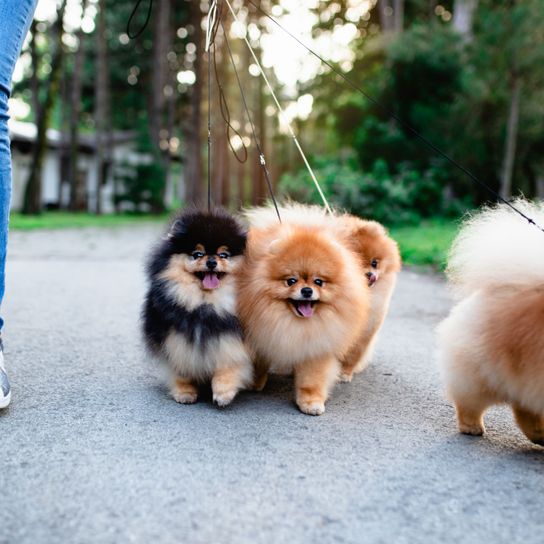
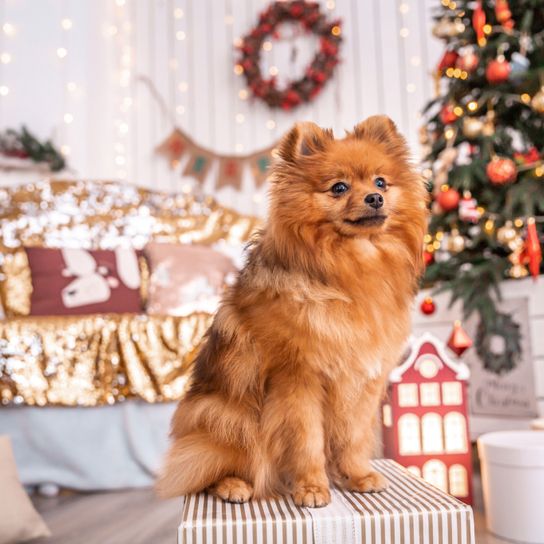
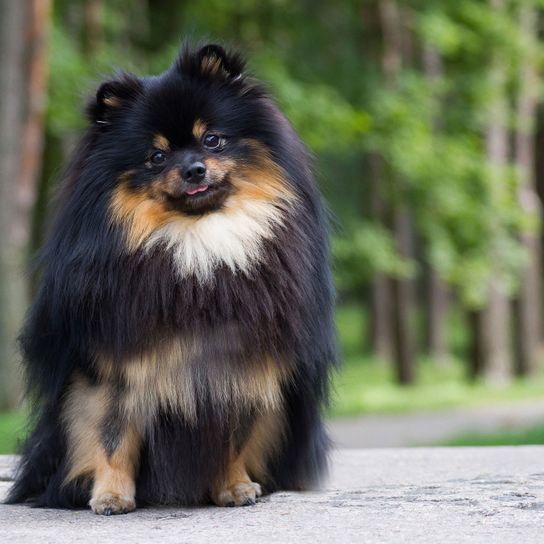
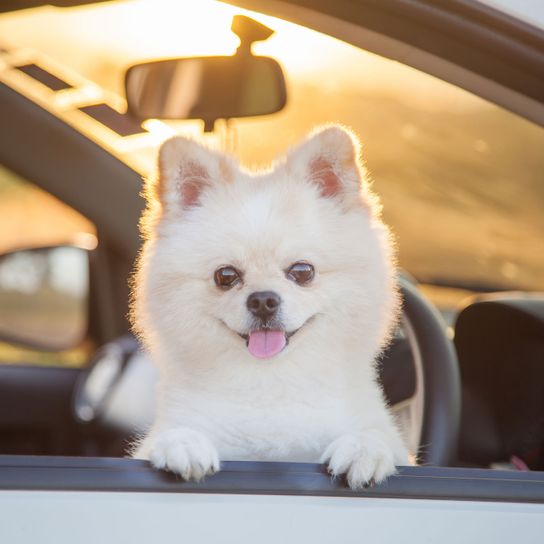

Health and breeding information
What are typical diseases of the Pomeranian?
- Malposition of the kneecaps
- Respiratory problems
- Tracheal collapse: narrowed trachea
- Primary hyperparathyroidism (an overactivity of the parathyroid gland)
- Black Skin Disease: extensive hair loss
- Eye problems for specimens of white coat due to the colouring
Especially when you practice tricks with the Dwarf Spitz, be mindful about how many treats you give to them. After all, this little animal has a much lower caloric requirement than other breeds. Even as little as 100 grams too much can make a difference and put a strain on their ability to move.
What is to be considered in regards to Pomeranian breeding?
In Pomeranian breeding, like with many small breeds, they are at risk for health problems due to the mating of very small parent animals. The best way to receive information about this is to contact a breeder and ask for all the health certificates and papers of several generations used in breeding. If you have the opportunity to get to know the parent animals, pay attention to their breathing. A Pomeranian puppy costs between 1000 and 3000 Euros. This depends on type of breeding, colouring and papers provided. Please don't get a Dwarf Spitz abroad from so-called "multipliers" who are only interested in breeding as many animals as possible and this at the expense of the quality of breeding.


Appearance and coat of the Pomeranian
The fur of the Dwarf Spitz can be white, sand, cream or black. Also multi-coloured animals are in line with breed standards. Their coat is long and thick, its dense undercoat makes their hair look like it stands off from the body. The bushy collar makes you think of a lion's mane. The coat is especially dense on the hind legs. They carry their curled tails over their backs. To avoid matting, you should brush your pet's fur regularly. It is best to get the Dwarf Spitz puppy used to this procedure. During the change of coat they change they lose the fur of their undercoat twice a year. During this period you should invest extra time for grooming.
What is the average size of a Dwarf Spitz?
Pomeranians grow to a height of 18 to 22 cm.
Weight
A Dwarf Spitz can weigh a maximum of 3.5 kg.
What is the average lifespan of a Pomeranian?
Pomeranian dogs can live up to 16 years. Many small breeds can reach an age of 15 to 18 years. Pay attention to good food and good breeding - so that hereditary diseases etc. can be avoided.
| Fur length | long |
| Fur | flat coated |
| Ear shape | Standing Ears |
| Tail | rolled up |
| Anatomy | slim, square |
| Size ♀ | 12 - 17 cm |
| Weight ♀ | 2 - 4 kg |
| Size ♂ | 17 - 20 cm |
| Weight ♂ | 2 - 5 kg |
| Suitable For | Seniors |
Colors
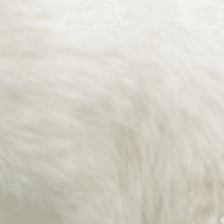
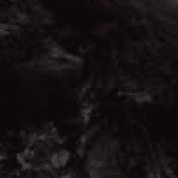

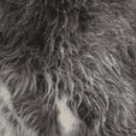
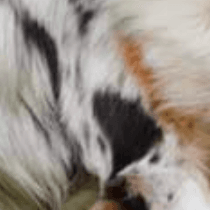
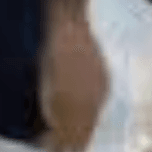
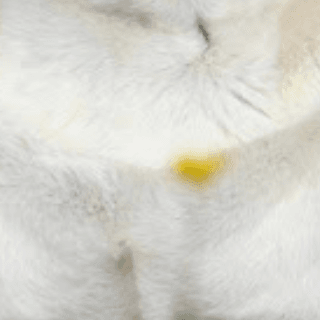
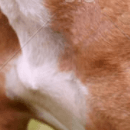
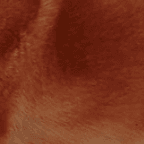
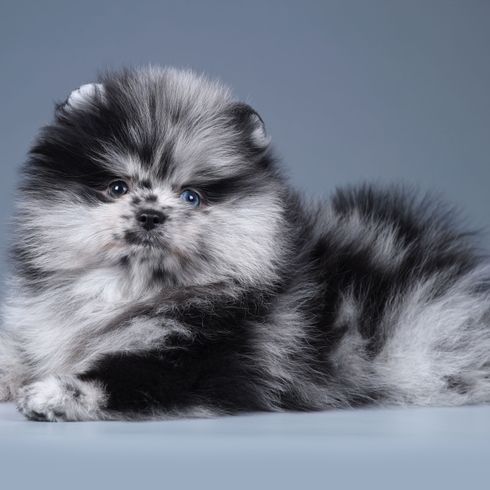
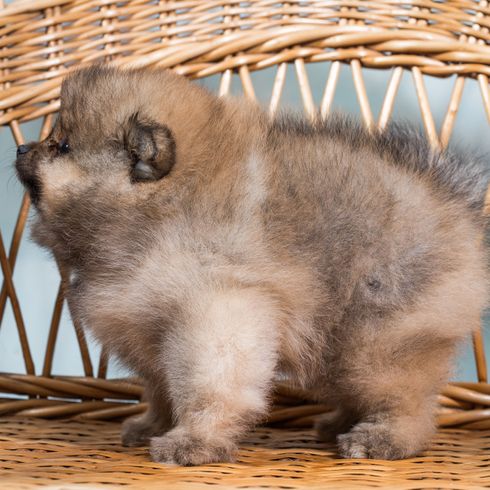
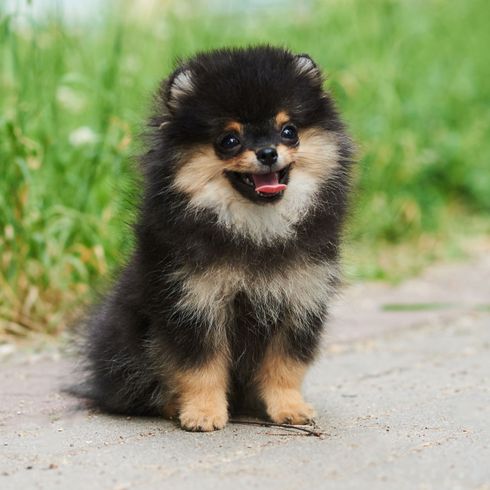
Known Diseases
Eye infections
Chronic eye infections can be very painful in dogs and can be treated with medication. In rare cases, the cornea must be treated.
Elbow dysplasia (ED)
Elbow joint dysplasia is a chronic disease complex of the elbow joint of fast growing dog breeds.
Heart disease
Can occur frequently in dogs and can sometimes be treated with medication.
Hip dysplasia (HD)
The hip dysplasia or hip joint dysplasia of the dog (HD) is a maldevelopment of the hip joint.
Patellar luxation
Patellar luxation is the term used to describe a displacement of the kneecap, which is one of the most common causes of lameness in dogs.
Numbness
Often occurs in old age.
FAQ
-
Yes, the Miniature Spitz is a great family dog.
-
A puppy costs about 2000 Euro.
-
A Miniature Spitz needs the same equipment as all other dogs. That means: basket, leash, harness for neck or chest, food, bowls for food and water. Possibly a small car box or transport box for public transport.
-
A Miniature Spitz needs an average of 1 hour of exercise per day. However, it is an intelligent breed and therefore a lot of mental work must be done at home so that he does not get bored.
Other small dogs
Useful Articles
You can find articles that might interest you in the dogbible blog to match your favorite breed.
Visit our magazineto stay up to date on dog trends.
To find out more, view our Privacy Policy
Find here the breed that suits you and find out what character traits it has. Here you can also learn more about the origin, size and weight of your favorite breeds.
Matching your favorite breed, you'll find articles that might interest you on the dogbible dog blog.
Heart disease in dogs - diagnosis & control
Rabies in dogs - rabies vaccination and signs that your dog is affected
You want a poodle? Then read these things beforehand
Are dogs more intelligent than cats?
Bathing in Carinthia with dog - these are the most beautiful tips and places





